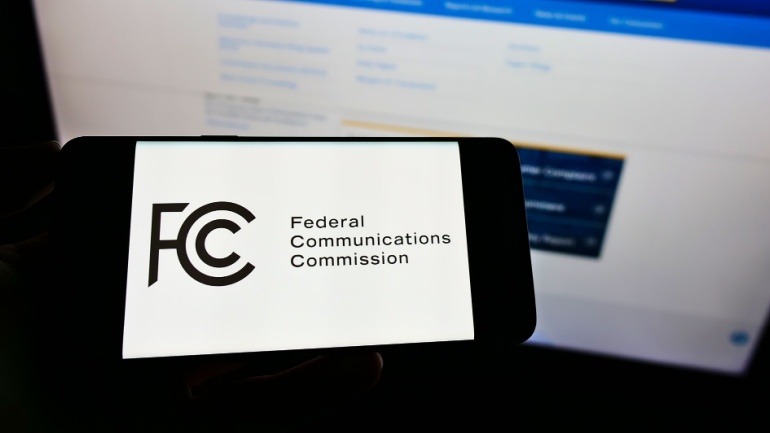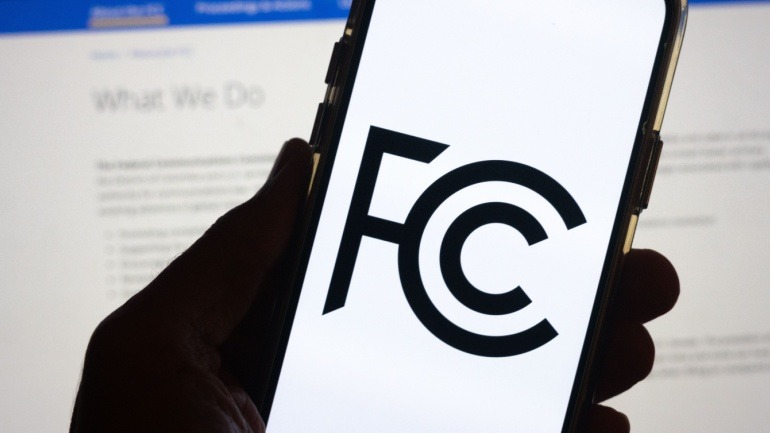President Donald Trump has nominated Arielle Roth to lead the NTIA, a key agency overseeing broadband policy. A seasoned telecom advisor, Roth has worked with Senator Ted Cruz and Republican FCC Commissioners.
Sinch is revolutionizing 911 emergency response with its PSAP Outage Services, a cutting-edge solution ensuring FCC compliance and seamless emergency communication. By automating PSAP notifications and providing up-to-date contact data, Sinch helps service providers quickly address 911 outages.
Donald Trump has nominated Olivia Trusty for FCC commissioner, praising her dedication to economic growth and innovation. Trusty is expected to work closely with new FCC Chairman Brendan Carr to streamline regulations and expand affordable internet access.
The FCC Chairwoman Jessica Rosenworcel is advocating for a fast-tracked spectrum auction to replace Chinese telecom equipment, addressing national security risks. This urgent move, linked to cybersecurity threats like the Salt Typhoon attack, is pivotal for securing telecom networks.
A recent U.S. Court of Appeals ruling struck down FCC efforts to restore net neutrality, reigniting the debate over broadband’s classification. The court’s decision challenges regulations treating ISPs as public utilities.
Exciting news in the world of VoIP! The FCC now permits unlicensed Very Low Power devices across the 6 GHz band. This expansion supports next-gen solutions like AR and VR, wearables, and more, promising high speeds and minimal interference for seamless connectivity.
In an unprecedented move, the US FCC seeks to enhance cybersecurity for telecom operators, addressing vulnerabilities exposed by a severe hack. With a focus on advanced cyber defenses, the FCC proposes stringent rules compelling carriers to fortify their networks against sophisticated threats.
The FCC’s decision to allocate 4.9 GHz spectrum rights to FirstNet and AT&T is transforming communications for public safety networks. By unlocking underutilized bandwidth, this move enhances infrastructure, bridging gaps in emergency responses.
The FCC’s groundbreaking decision mandates that all mobile phones in the US must be hearing aid compatible, significantly enhancing accessibility for 48 million Americans with hearing loss. Key changes include stricter audio quality controls, improvements to Bluetooth standards, and transparency in labeling compliant devices.
Starlink’s temporary FCC approval for direct-to-device services highlights the vital role of VoIP technology during emergencies. By partnering with T-Mobile, Starlink enables emergency alerts via satellite in hurricane-stricken North Carolina, offering free internet for 30 days.













